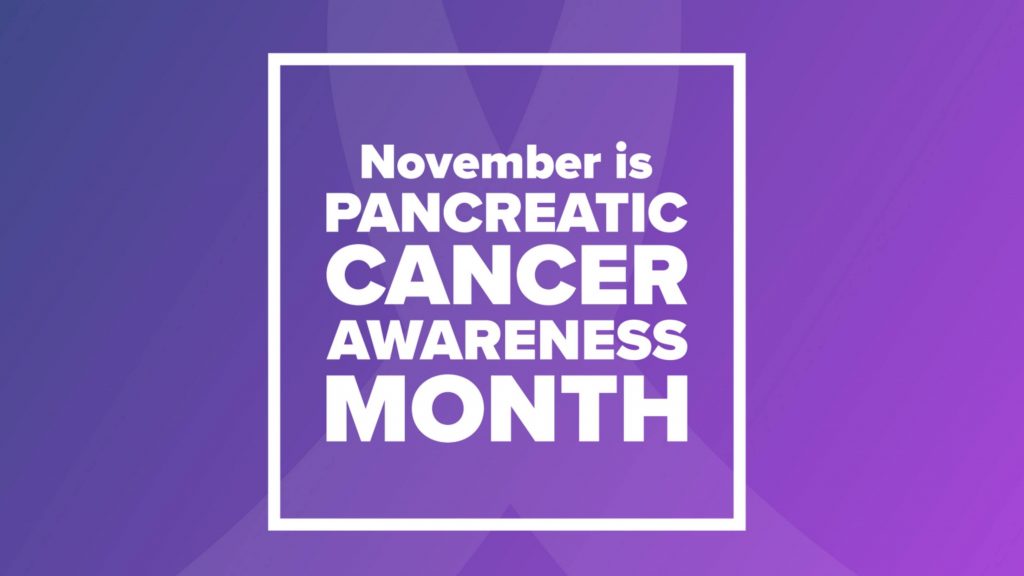-
Cancer
Mayo Clinic Minute: Detecting pancreatic cancer
Editor’s Note: November is National Pancreatic Cancer Awareness Month

Approximately 66,000 people in the U.S. will be diagnosed with pancreatic cancer this year, according to the National Cancer Institute.
Dr. Michael Wallace, a gastroenterologist at Mayo Clinic, warns that early signs of this deadly disease are easy to miss.
Journalists: Broadcast-quality video (1:00) is in the downloads at the end of this post. Please courtesy: "Mayo Clinic News Network." Read the script.
Pancreatic cancer is the third-leading cause of cancer-related deaths in the U.S.
"Our best way of finding a disease at a curable stage is to find it early," says Dr. Wallace.
Patients with a family history of pancreatic disease are at the greatest risk and should be screened annually with an MRI or an endoscopic ultrasound.
"If we see something abnormal, we can actually take a biopsy directly of it, and that's a very, very safe procedure," he explains.
Artificial intelligence (AI) also is helping doctors at Mayo Clinic detect the disease earlier.
"We now have very good ways, including some recent advances in artificial intelligence, enhancement of CT and MRI images, that can allow us to tell which of these are likely to turn cancerous. And those individuals, we can actually remove the cyst, even before it becomes malignant, and essentially prevent the disease," says Dr. Wallace.
Preventing cancer

Lifestyle changes, such as a healthy diet rich in fruits and vegetables and quitting smoking, also can help prevent pancreatic cancer.
Related content:
- An artificial intelligence tool to improve pancreatic cancer outcomes
- Teamwork and a new nickname inspire patient through pancreatic cancer treatment
- Mayo Clinic Minute: Advancing pancreatic cancer treatment with total robotic Whipple surgery







